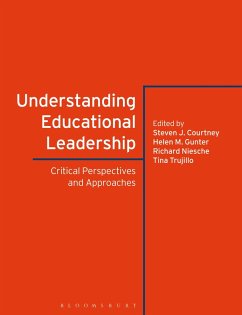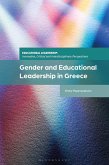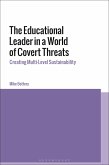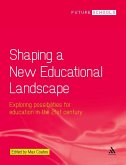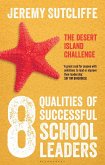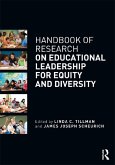Understanding Educational Leadership guides you through critical perspectives and approaches across the world, taking in the global north and south, and explores the ways in which educational leadership is currently understood, theorised, researched, modelled and practised. The book also covers contemporary issues including gender, sexual identity and race, as well as topics such as governance, performativity and corporatisation. It brings together evidence and ideas that illuminate the power structures and relations in educational leaders, leading and leadership and helps you to consider the impact on policy and practice, and to think about changes needed to mitigate the issues identified. The book showcases a wide range of theorists, including Bourdieu, Foucault and Fraser. Its impressive scope includes analyses of collectivist, neoliberal and historical influences on educational leadership. It explores forensically leadership styles, with an explicit focus on distributed, instructional, democratic, autocratic, laissez-faire and organisational forms.
Carefully curated by the editors, the world-leading contributors draw on their wealth of knowledge about research and practice to provide you with an overview of educational leadership today, looking at global research, evidence, arguments and conceptualisations. Each chapter is written in an engaging and inspiring way, following a consistent approach to help you to develop your understanding in each of the areas covered.
Full pedagogical features throughout include chapter summaries, key questions, case studies, questions for readers and further reading suggestions with questions on key texts. A companion website provides links to open-access outputs, research-project outcomes, and networking seminars, conferences with links to local, national and global events and connections.
Carefully curated by the editors, the world-leading contributors draw on their wealth of knowledge about research and practice to provide you with an overview of educational leadership today, looking at global research, evidence, arguments and conceptualisations. Each chapter is written in an engaging and inspiring way, following a consistent approach to help you to develop your understanding in each of the areas covered.
Full pedagogical features throughout include chapter summaries, key questions, case studies, questions for readers and further reading suggestions with questions on key texts. A companion website provides links to open-access outputs, research-project outcomes, and networking seminars, conferences with links to local, national and global events and connections.

